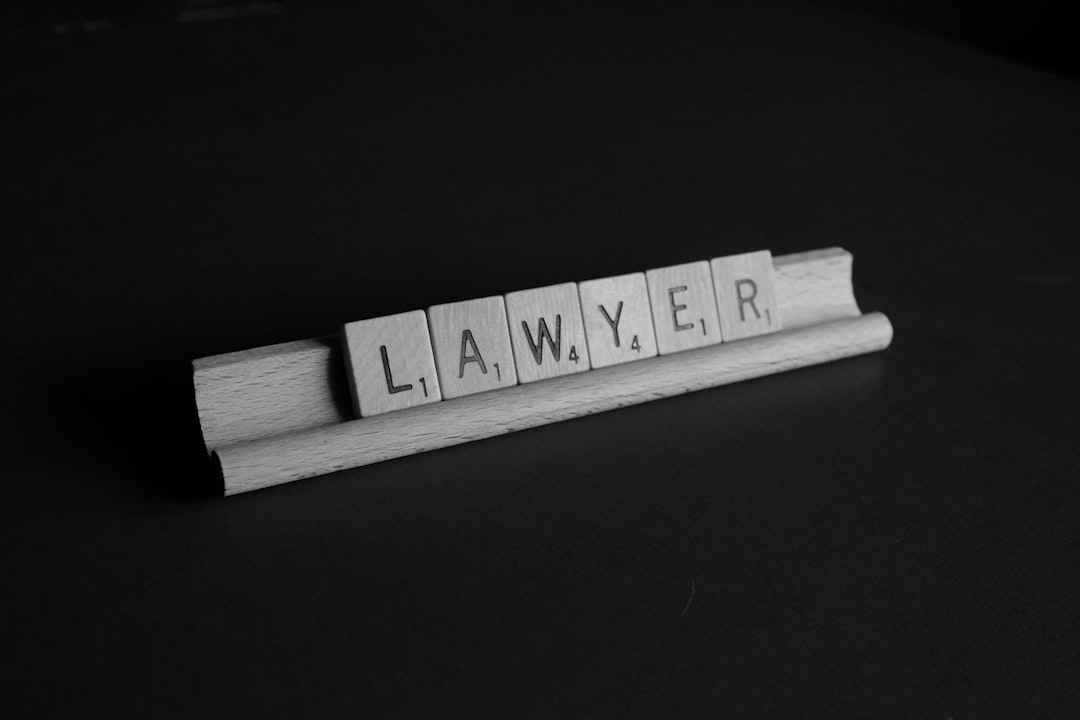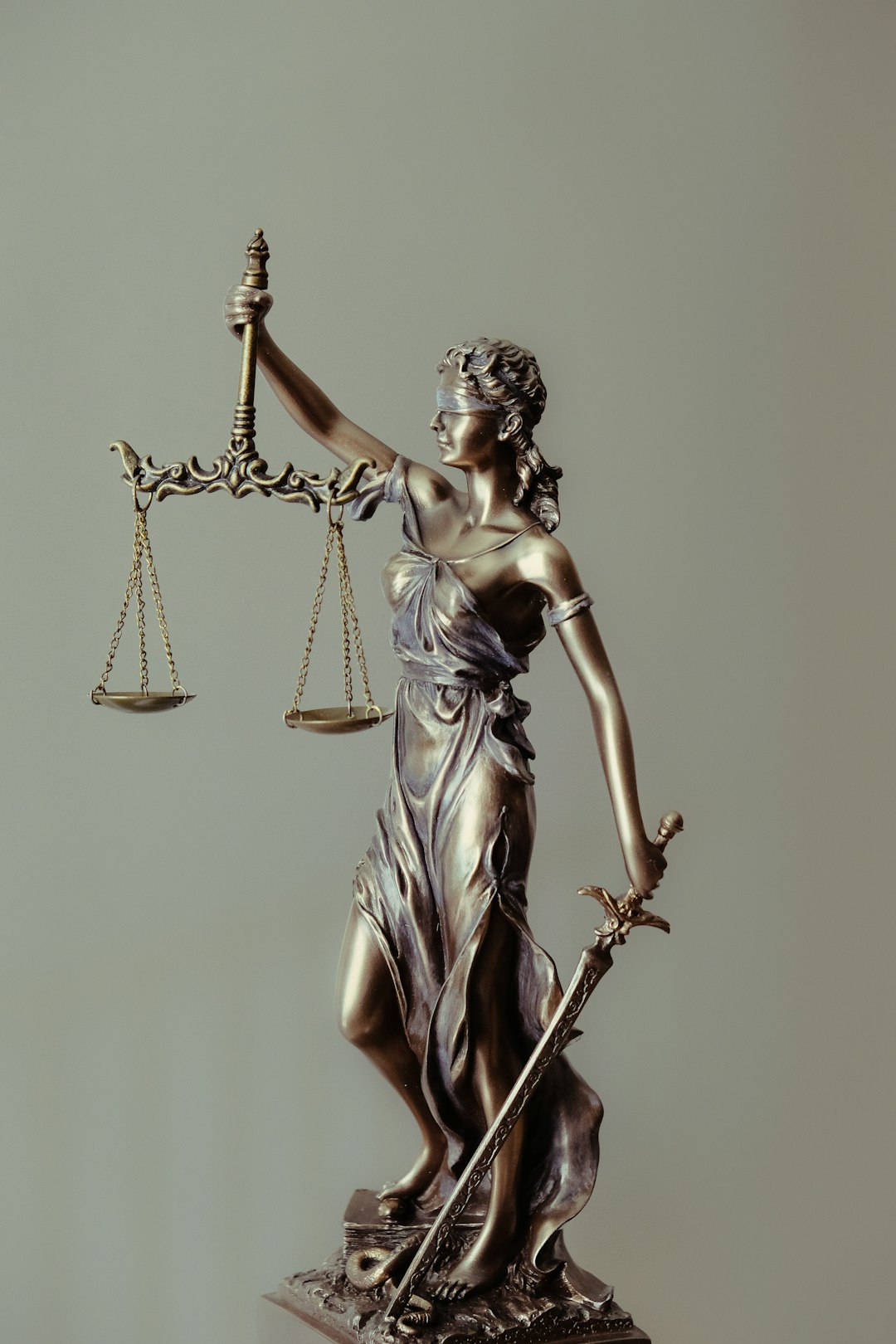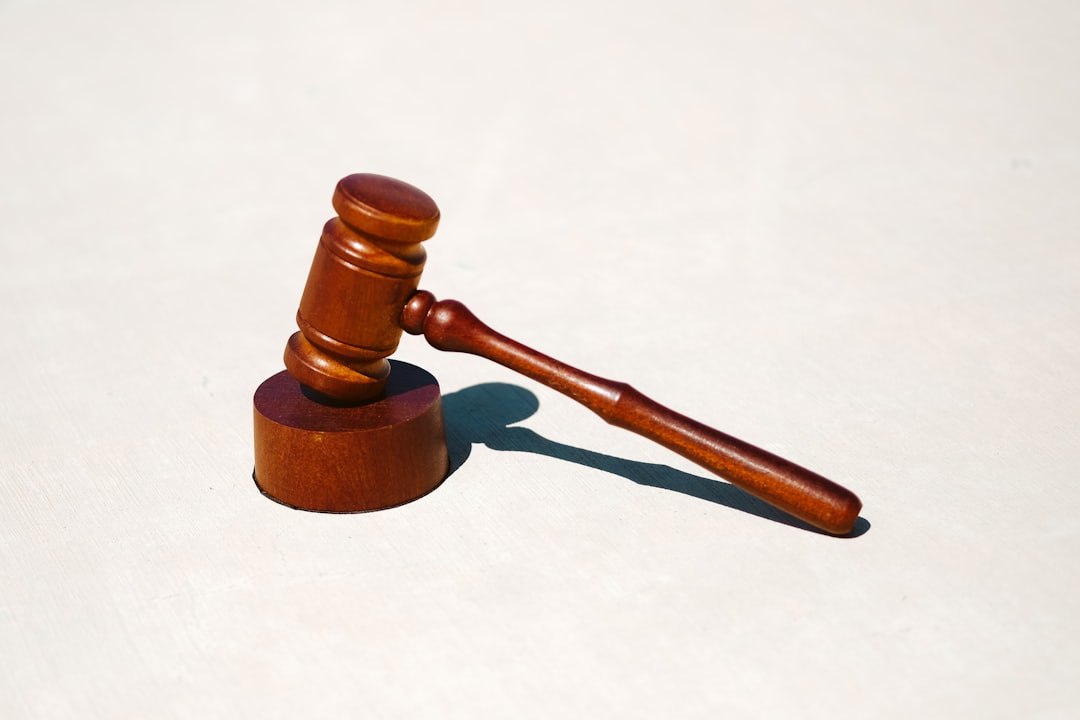“In the bustling metropolis of New York City, navigating legal complexities after a traumatic experience like rape can feel overwhelming. This article aims to guide survivors and their loved ones through the justice system, focusing on skilled legal aid for rape cases in NYC. We’ll explore New York’s rape laws, the crucial role of legal aid organizations, and strategies to find competent rape lawyers. By understanding your rights and effective legal strategies, you can take charge during this challenging time.”
Understanding Rape Laws in New York

Rape laws in New York are designed to protect victims and ensure justice for perpetrators. A rape lawyer in New York City, or anywhere within the state, is equipped to navigate these complex legal frameworks. The definition of rape under New York law has evolved over time, broadening to include various forms of non-consensual sexual intercourse. It’s crucial to understand that consent must be freely and willingly given, and lack of resistance or silence does not imply consent.
New York state recognizes different types of rape, including forcible rape, rape by weapons, and statutory rape. Each category has specific legal implications and penalties. For instance, a conviction for forcible rape can lead to severe sentences, including imprisonment and registration as a sex offender. A qualified rape lawyer in New York will guide victims through these legal intricacies, helping them understand their rights and options throughout the process.
The Role of Legal Aid in Rape Cases

In rape cases, skilled legal aid plays a pivotal role in ensuring justice and support for survivors. Legal aid organizations in New York City provide critical assistance to individuals who might otherwise face significant challenges navigating the complex legal system, especially considering the sensitive nature of such cases. These organizations offer free or low-cost legal services, including representation in court, to those who cannot afford private lawyers.
With a dedicated rape lawyer in New York, survivors can expect competent advocacy, guidance through procedural complexities, and a relentless pursuit of justice. Legal aid attorneys are trained to handle these sensitive cases with the utmost care, ensuring that the rights of survivors are protected throughout the legal process. Their expertise lies in understanding the unique challenges faced by victims and using the law as a powerful tool for healing and accountability.
Finding Skilled Rape Lawyers in NYC

Navigating a rape case can be an incredibly challenging and emotional process, which is why finding skilled legal aid is paramount. In New York City, with its vast legal landscape, it’s essential to identify rape lawyers who possess both extensive expertise in sexual assault cases and a deep understanding of the local justice system.
One effective strategy for locating qualified legal representation is to tap into professional networks and advocate groups that specialize in support for victims of sexual violence. These organizations often maintain databases or directories listing experienced rape lawyers in NYC, ensuring you connect with professionals who have successfully represented clients in similar cases. Additionally, legal aid societies and bar associations can offer referrals to attorneys who specialize in criminal defense, including cases involving rape, providing a robust foundation for your legal support needs.
Supporting Survivors: Effective Legal Strategies

In rape cases, survivors often face a daunting legal landscape. A skilled rape lawyer in New York understands this and employs effective strategies to support their clients. These include ensuring proper documentation and evidence collection, protecting survivors from retraumatization during witness examinations, and navigating complex legal procedures with sensitivity.
A key aspect is building a robust case through meticulous investigation. This involves gathering medical records, security footage, forensic evidence, and witness statements. The lawyer also advocates for the survivor’s needs, pushing for protective orders and ensuring their safety throughout the process. Effective representation empowers survivors to find justice and healing in the aftermath of such traumatic experiences.






